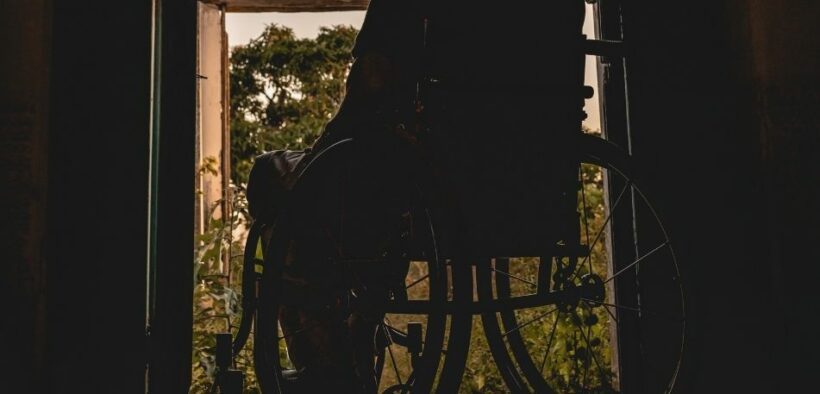Disability advocates hit out at iso change
Share

Australian Council of Social Service CEO Cassandra Goldie says the federal government has not grappled with the reality that vulnerable people are the most at-risk “of the ravages of COVID”.
The national cabinet agreed on allowing employees from more sectors to be able to return to work, even if they are listed as a close contact of a positive case, but workers will need to return a negative rapid antigen test beforehand.
The definition for essential workers was expanded to include health, emergency services, energy and resources, transport and logistics, food production, education, childcare, telecommunications and media.
Goldie says the disability community didn’t want to see changes for isolation requirements. “People with disability organisations are very clear they don’t want to see these isolation rules relaxed,” she told the ABC on Friday.
“The estimates are we have got about 20 per cent of the workforce absent because they’re worried about putting the people they work with at risk.
“We are in a deep stage of crisis here. We cannot be lurched from behind closed doors meetings at night with just business groups to come up with ideas.” Goldie also called for free rapid antigen tests for community services.
“We have got organisations, our members out there spending tens of thousands of dollars out of their very limited funds to try and get their hands on these kits because everybody out there is really trying to do the right thing.”
Finance Minister Simon Birmingham told the Nine Network free rapid antigen tests are available to close contacts and people who need them.
Birmingham also defended the changes to isolation requirements as evidence mounts Omicron is less severe than previous variants.
“People are less likely to get very sick, which means we can change those close contact arrangements,” he said.
“(We continue) to adjust that, to make sure we can keep the workforce going, to keep systems across Australia going under incredible stress and pressure this new variant poses.”
The national cabinet agreed to the changes in a bid to solve widespread supply chain issues, caused by large numbers being COVID-positive, or forced to isolate.
Major supermarkets have imposed product limits on certain items, such as chicken, sausages and toilet paper.
But the national secretary of the Transport Workers Union slammed the changes saying flooding supply chains with the people most likely to be infected by the virus will make matters worse.
“We will have a situation where those greatest at-risk workers are spreading more of the virus through supply chains,” Michael Kaine told the ABC.
“If we want to make a difference, we have to stop panicking now, acknowledge the mistakes of the past and realise we need rapid antigen tests but also appropriate isolation protocols so we can ensure that we rebuild a healthy workforce”.
Independent senator, Jacqui Lambie, says the changes cannot be implemented safely without better rapid test access and availability.
“This is an absolute mess (in Tasmania),” she told Sky News.
“They can’t get these tests, it is becoming extremely messy. The government should have been prepared. It was warned many months ago by the COVID committee about these tests and it did absolutely nothing.”
Nationally there were more than 150,000 virus cases reported on Thursday including more than 90,000 in NSW which included backdated positive rapid antigen tests since the start of the year.
There were more than 37,000 new cases in Victoria, nearly 15,000 in Queensland, 3669 in SA, 1020 in the ACT, 1100 in Tasmania and 550 in the NT.
Thursday was also the deadliest day of the pandemic, with 57 deaths recorded.
Lourdes Antenor is an experienced writer who specialises in the not-for-profit sector and its affiliations. She is the content producer for Third Sector News, an online knowledge-based platform for and about the Australian NFP sector.























